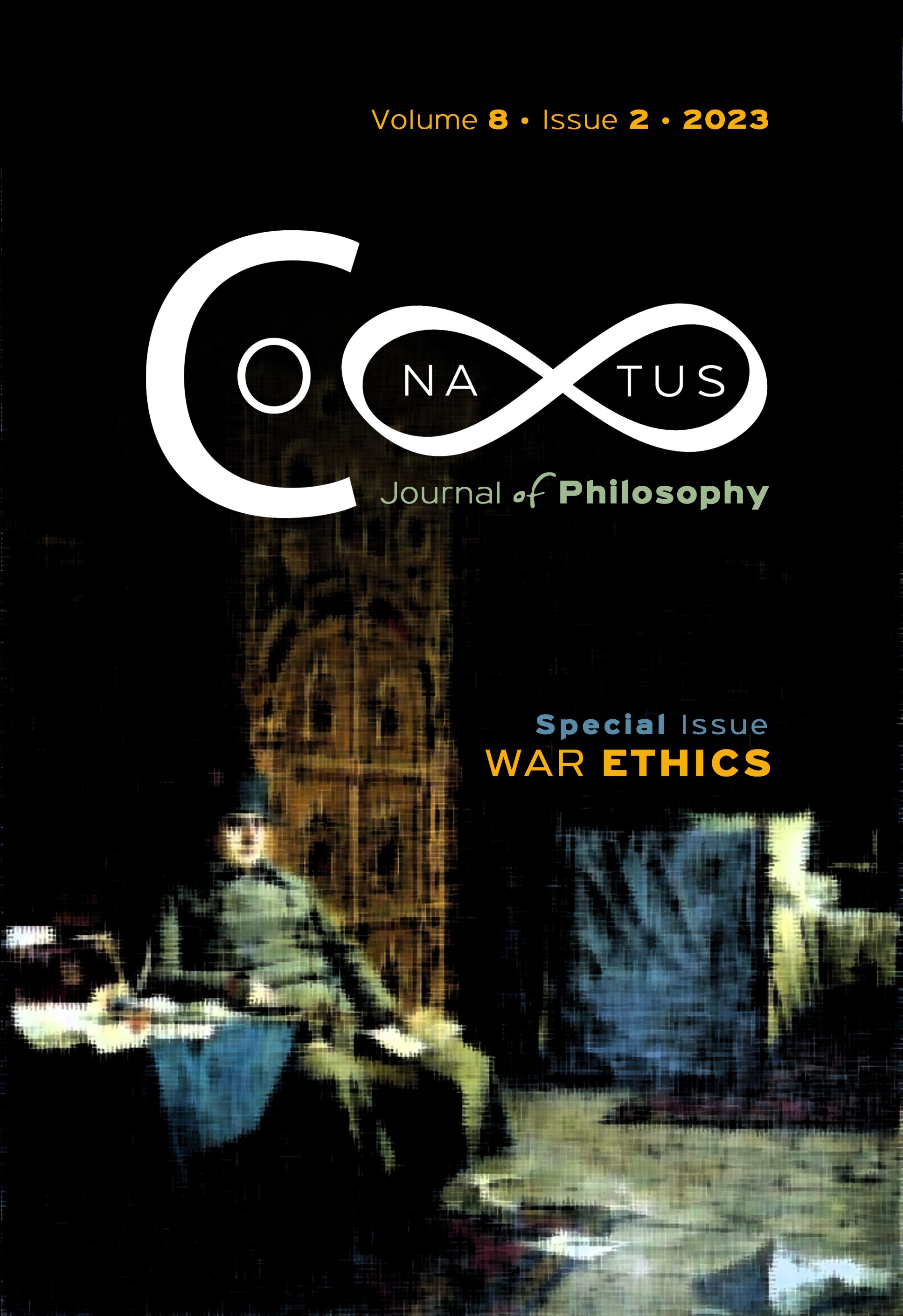Exploring Enhanced Military Ethics and Legal Compliance through Automated Insights: An Experiment on Military Decision-making in Extremis

Abstract
Numerous factors are known to impact human decision-making: fatigue, stress, fear, sleep deprivation, organizational culture, ethics, and even substances consumed, among others. Making decisions within the context of a military operation poses exceptional challenges. Time constraints are consistently tight, and military personnel often contend with physical and mental exhaustion, along with substantial stress and fear. Our proactive strategies for addressing these hurdles predominantly revolve around educating military personnel, incorporating both theoretical training and immersive simulations that may include different types of war games, role playing and VR applications that mimic real-world challenges. However, can we extend our efforts further to ensure that military personnel surmount difficulties and consistently make morally and legally sound decisions amidst exceptional situations? Moreover, where does trust lie: in the insights of a comrade, a commanding officer, or the guidance provided by sophisticated algorithms and Artificial Intelligence (AI) systems? Could AI potentially outperform human guidance when it comes to elevating the ethical and legal discernment of military personnel amid the intensity of combat situations?
Article Details
- How to Cite
-
Lekea, I., Lekeas, G., & Topalnakos, P. (2023). Exploring Enhanced Military Ethics and Legal Compliance through Automated Insights: An Experiment on Military Decision-making in Extremis. Conatus - Journal of Philosophy, 8(2), 345–372. https://doi.org/10.12681/cjp.35213
- Section
- Articles
- Categories

This work is licensed under a Creative Commons Attribution-NonCommercial 4.0 International License.
Authors who publish with this journal agree to the following terms:
Authors retain copyright and grant the journal right of first publication with the work simultaneously licensed under a Creative Commons Attribution Non-Commercial International License (CC BY-NC 4.0) that allows others to share the work with an acknowledgement of the work's authorship and initial publication in this journal.
Authors are able to enter into separate, additional contractual arrangements for the non-exclusive distribution of the journal's published version of the work (e.g. post it to an institutional repository or publish it in a book), with an acknowledgement of its initial publication in this journal.
Authors are permitted and encouraged to post their work online (preferably in institutional repositories or on their website) prior to and during the submission process, as it can lead to productive exchanges, as well as earlier and greater citation of published work.





